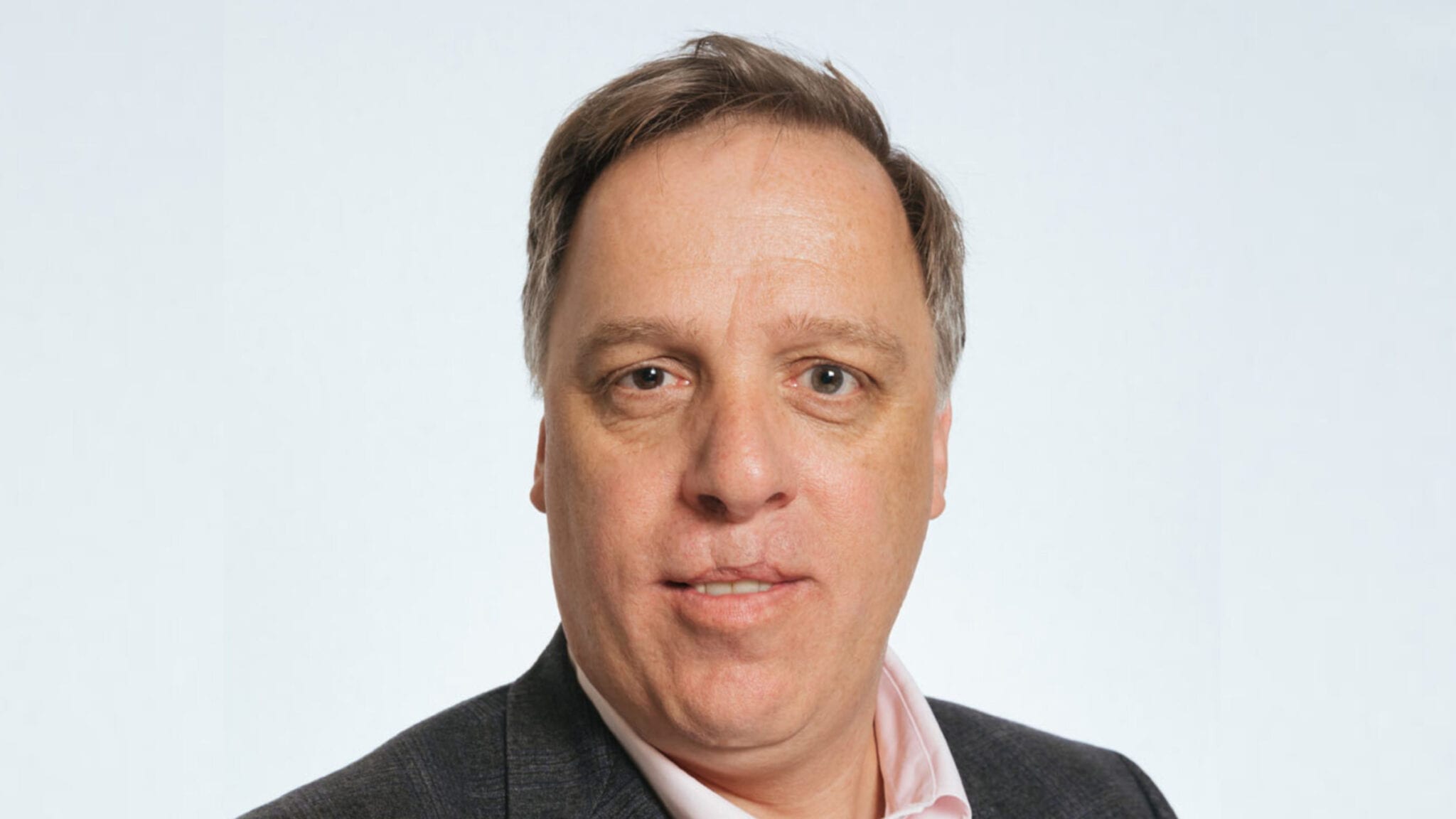
A step behind its major exosome challenger, Evox scores $95M round for final leg of race to the clinic
After years of academic and early-stage biotech development, exosomes finally entered the clinic last year, when Codiak launched their Phase I/II trial in advanced solid tumors. Now Evox, their chief rival in the space, is plotting their own path to humans, even if they still have a ways to go.
Evox announced Thursday a $95 million Series C to push their first rare-disease programs into the clinic in 2022. The round, led by Redmile Group, will also allow the company to expand into new diseases and modalities, including delivering gene therapy and gene editing, CEO Tony de Fougerolles said in an interview.
Unlock this article instantly by becoming a free subscriber.
You’ll get access to free articles each month, plus you can customize what newsletters get delivered to your inbox each week, including breaking news.